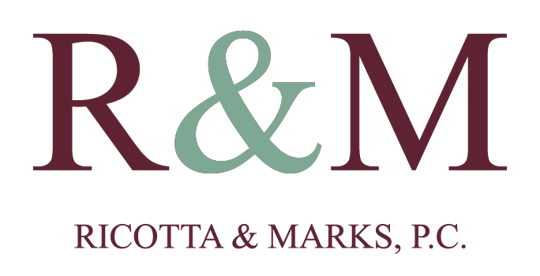There are two official kinds of sexual harassment under the law: quid pro quo and hostile work environment. Both are all-too- common in the workplace. Both are prohibited by state and federal laws.
Types of Sexual Harassment
Hostile work environment: this occurs when employee encounters unwelcome sexually charged behavior such as offensive sexual comments, unwanted physical contact, or exposure to offensive sexual materials regularly as a part of the workplace environment. A single incident is unlikely to be considered sexual harassment under the law, unless the behavior is found to be extremely outrageous. A hostile work environment may be created by anyone in the workplace, including supervisors, managers, coworkers and even third-parties, such as customers. It is important to know that the employer can be held legally responsible for inappropriate behavior of any of the previously mentioned individuals if it fails to take the appropriate if steps – once notified of the harassment – to stop and/or correct the unlawful behavior.
Quid pro quo: this type of harassment is what is more commonly thought of when speaking about the topic. The term is latin for “something for something” and happens when a person’s employment benefits – such as obtaining a promotion, raise, or even maintaining employment – directly relates to surrendering to a supervisor’s unwelcome sexual advances. Quid pro quo exists when the harasser is supervisor or other member of authority. This holds true because a person in a position of power has the authority and discretion to grant or withhold a subordinate’s benefits. Even if the employee agrees to do what is asked, the request itself may still constitute sexual harassment as it was unwelcome.
Federal & New York Law
Title VII of the Civil Rights Act of 1964 (Title VII) protects individuals from sex discrimination in the workplace, among other types of discrimination. Sexual harassment can come in a variety of forms. Title VII also prohibits an employer from retaliating against an individual for: opposing unlawful employment practices; filing a discrimination charge with the EEOC; or participating in any way with an investigation, proceeding or litigation under this law.
Both types of sexual harassment – quid pro quo and hostile work environment – are prohibited under New York state law. Specifically, the New York Human Rights Law (HRL) protects workers from discrimination based on various factors, including gender (including pregnancy) as well as sexual orientation. Unlike its federal counterpart, this state law applies to employers with as few as four workers.
New York Sexual Harassment Attorney
No one deserves to be subjected to a hostile work environment or confronted with quid pro pro requests at the workplace as a result of sexual harassment. Do not suffer in silence. If you or someone you know is the victim of sexual harassment at the workplace – or is dealing with any other employment law related issue – contact the lawyers at Ricotta & Marks, P.C. With two offices in New York, our skilled attorneys can guide you through this process with confidentiality and sensitivity. Call (917) 540-8565 today schedule your initial, free, phone consultation.
The post What to do if You are a Victim of Sexual Harassment appeared first on Ricotta & Marks, P.C..

